Commentary: Why One Prominent Doctor Changed His View on Medical Marijuana
 Ten years ago last month I suffered a very serious blood clot. It got lodged in my heart as a pulmonary embolism and part of it broke off and ended up in my right shoulder. It was the most painful experience of my life and it took nearly a week for the doctors to figure out what was wrong with a 30-year-old who was otherwise in good health.
Ten years ago last month I suffered a very serious blood clot. It got lodged in my heart as a pulmonary embolism and part of it broke off and ended up in my right shoulder. It was the most painful experience of my life and it took nearly a week for the doctors to figure out what was wrong with a 30-year-old who was otherwise in good health.
The pain was such that they were providing me with morphine combined with Percocet to combat it. As the pain lessened, I became increasingly aware of being doped up and eventually preferred a little pain to feeling “out of it.”

 By Jeff Adachi
By Jeff Adachi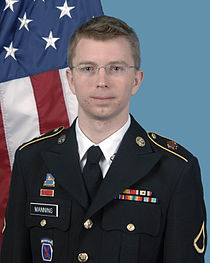 Even after being acquitted on the most serious charge, aiding the enemy, Bradley Manning still faces life in prison after being found guilty of numerous lesser charges, as the Obama administration works hard to make an example of him after he leaked classified reports that showed that the U.S. Government was lying to the American people as well as to its allies.
Even after being acquitted on the most serious charge, aiding the enemy, Bradley Manning still faces life in prison after being found guilty of numerous lesser charges, as the Obama administration works hard to make an example of him after he leaked classified reports that showed that the U.S. Government was lying to the American people as well as to its allies. By Diane Carlson
By Diane Carlson 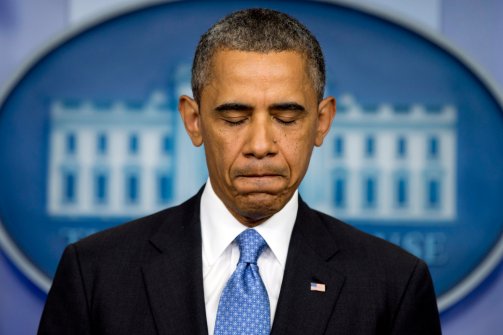
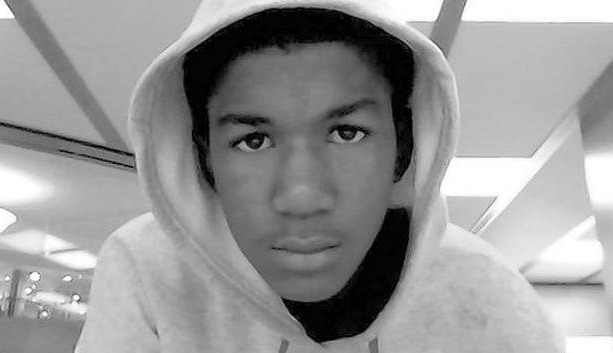
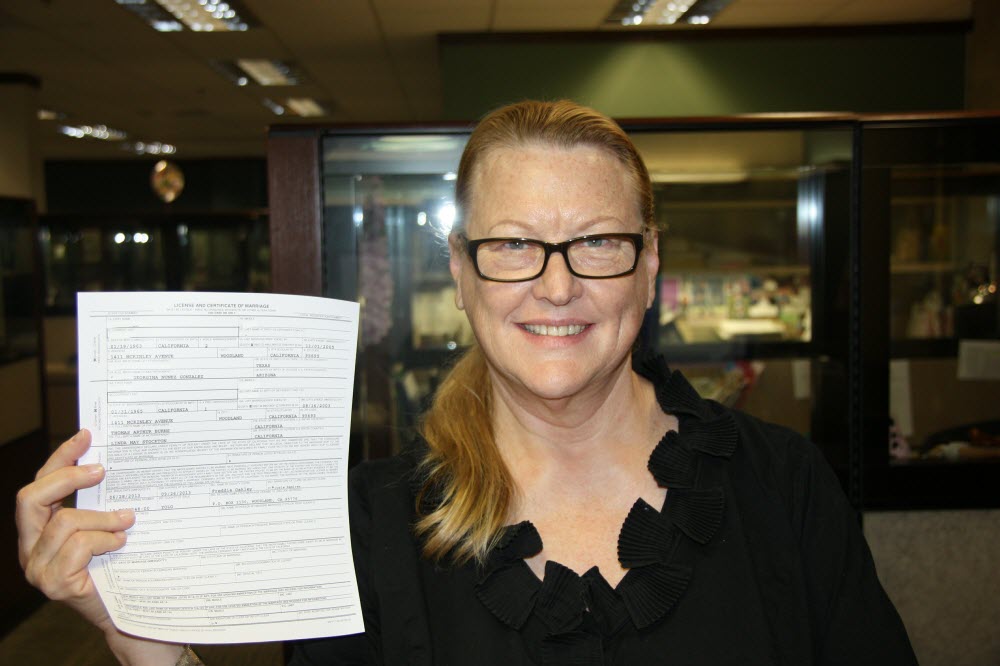
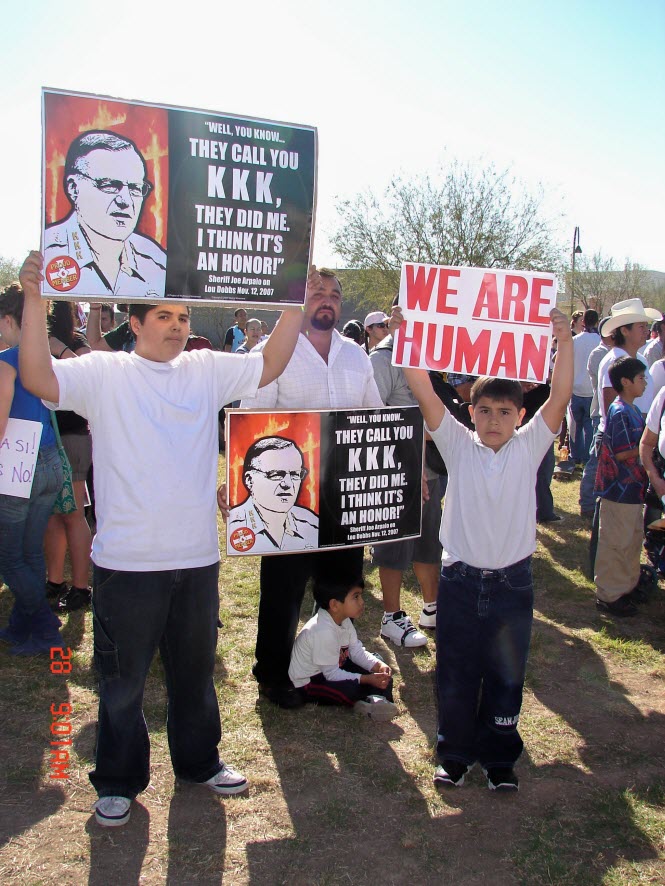 By Cecillia Wang, ACLU
By Cecillia Wang, ACLU “It was completely understandable, justifiable and even predictable that the Supreme Court would dispose of the challenge to California’s voter-enacted ban on same-sex marriage, Proposition 8, by saying that the sponsors/proponents of the measure lacked legal ‘standing’ to defend it in federal court, even when the State Governor and Attorney General failed to defend,” UC Davis law professor Vikram Amar writes in an article published in
“It was completely understandable, justifiable and even predictable that the Supreme Court would dispose of the challenge to California’s voter-enacted ban on same-sex marriage, Proposition 8, by saying that the sponsors/proponents of the measure lacked legal ‘standing’ to defend it in federal court, even when the State Governor and Attorney General failed to defend,” UC Davis law professor Vikram Amar writes in an article published in 
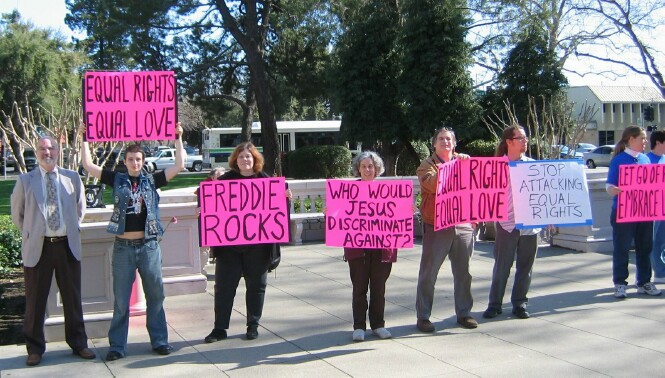
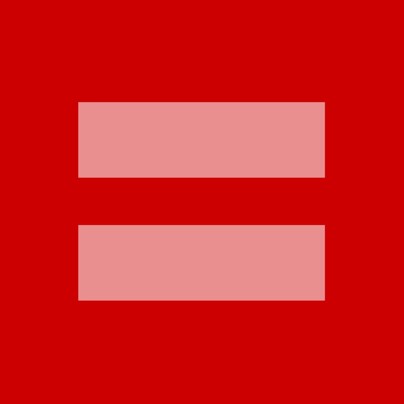 There has been a lot of talk following the Supreme Court ruling on the Prop 8 case about the issue of standing. Some have suggested that Governor Jerry Brown screwed up by refusing to defend Prop 8 (along with Kamala Harris, the Attorney General). My take on this issue is that the Supreme Court used the issue of the lack of standing to cop out of ruling on the broader question – that of constitutionality of bans on gay marriage as a violation of equal protection laws.
There has been a lot of talk following the Supreme Court ruling on the Prop 8 case about the issue of standing. Some have suggested that Governor Jerry Brown screwed up by refusing to defend Prop 8 (along with Kamala Harris, the Attorney General). My take on this issue is that the Supreme Court used the issue of the lack of standing to cop out of ruling on the broader question – that of constitutionality of bans on gay marriage as a violation of equal protection laws.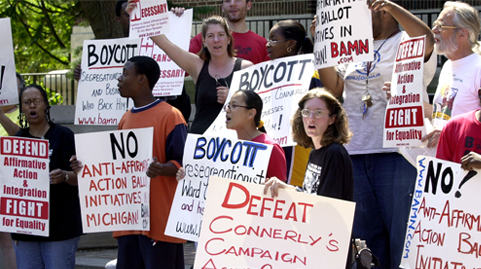 In the 1990s, it appeared that a conservative tide was moving through on social issues. In 1994, California overwhelmingly passed Prop 187, adding severe restrictions on benefits to illegal immigrants and their children. In 1996, the state passed Prop 209, ending affirmative action in California. And the state also passed a proposition banning gay marriage, which was followed by federal legislation like DOMA.
In the 1990s, it appeared that a conservative tide was moving through on social issues. In 1994, California overwhelmingly passed Prop 187, adding severe restrictions on benefits to illegal immigrants and their children. In 1996, the state passed Prop 209, ending affirmative action in California. And the state also passed a proposition banning gay marriage, which was followed by federal legislation like DOMA.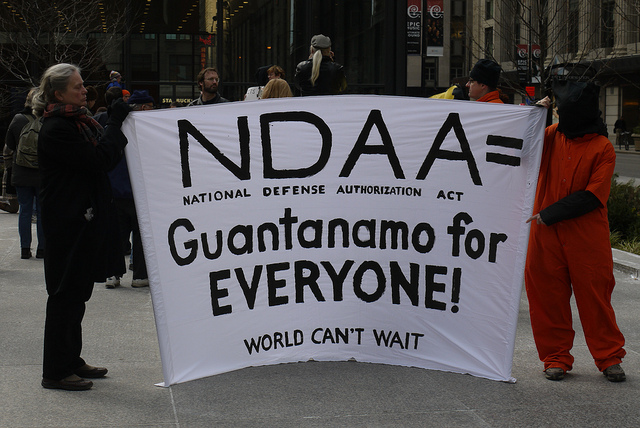 by Yolo County ACLU, et al
by Yolo County ACLU, et al
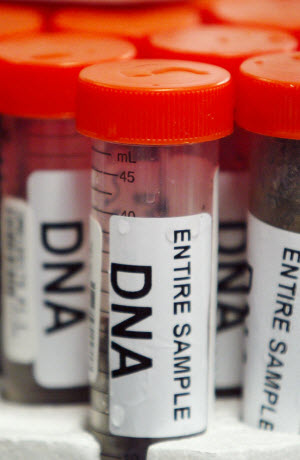
 I have read a lot of deadpanning of the Affordable Care Act before the system has even been implemented. Truth be told, it was not my favored approach. I have no idea if it will work. But I would like to see it fail before we scrap it.
I have read a lot of deadpanning of the Affordable Care Act before the system has even been implemented. Truth be told, it was not my favored approach. I have no idea if it will work. But I would like to see it fail before we scrap it.